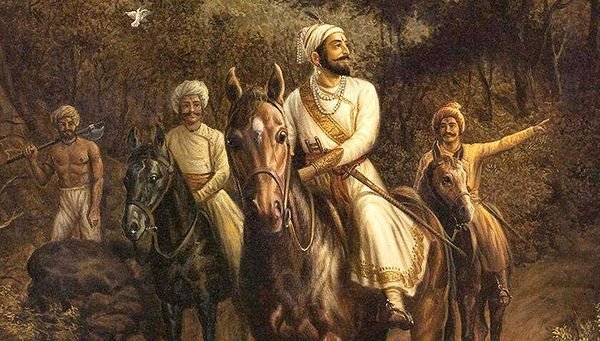The States have often retaken the powers that they have ceded away to the Central Government. Examples from the Emergency.

The States’ Judicial Rebellion of the Habeas Corpus Case
We all know that the Supreme Court, crawling as usual, delivered a shocking blow in the Emergency by ruling that the Fundamental Right of habeas corpus (ie. a petition to liberate a detainee) was suspended.
What few remember is that before the Supreme Court bent over, NINE HIGH COURTS ruled the other way, and held that detention orders under the Emergency could be challenged in court.
Of course, there was also Justice Khanna, who delivered a minority opinion at the Supreme Court and ended up being superseded for the position of Chief Justice.

The States’ Executive Rebellion : Basic Structure “Review”
After 13 Judges of the Supreme Court obstructed further amendments of the Constitution in the Keshavananda Bharati Case, the Chief Justice of the Supreme Court decided, on his own, to convene a “review” of this decision.
This was the setting for the States’ executives to rebellion.
In the darkest depths of the Emergency, the bench was convened :
On an oral application by De (the Attorney General of India) before Chief Justice AN Ray, a review by a 13-strong bench was ordered by the Chief Justice. By now Indira had declared an Emergency and assumed dictatorial powers. Eight new judges had been appointed to the Supreme Court. Ray’s appointment itself had been controversial; he had bypassed three other judges to become Chief Justice.
Nani Palhivala argued against the review by saying that nobody had filed a formal review petition in the first place.
With all the States’ Attorney Generals present in the room, none tried to stand up and claim they were applying for a review.
Further, when the Union Attorney General suggested that the State of Madras had filed the review, the Attorney General of the State of Madras stood up and denied it.
Federalism Is Not a Buzzword
India is a federal State with a large devolution of powers to the Union. It is, however, the governments of the State which exercise significant powers on their territories.
This devolution of power to the States is a guarantee against all forms of tyranny. Historically, these powers been fully exercised by the States when the Union goes nuts.
This is a theme that goes back to the Medieval times. The kingdoms of Shivaji were not merely a safe harbour for victims of the Mughal regime. They also made the Mughal regime careful of its actions as its population’s consent to its rule was not guaranteed.

Send us a few bucks
If you want to see more stuff like this. We only accept hard money – Bitcoin. Give it a try, it’s super easy and you can donate as little as Rs. 1/- completely free and without any banks.
